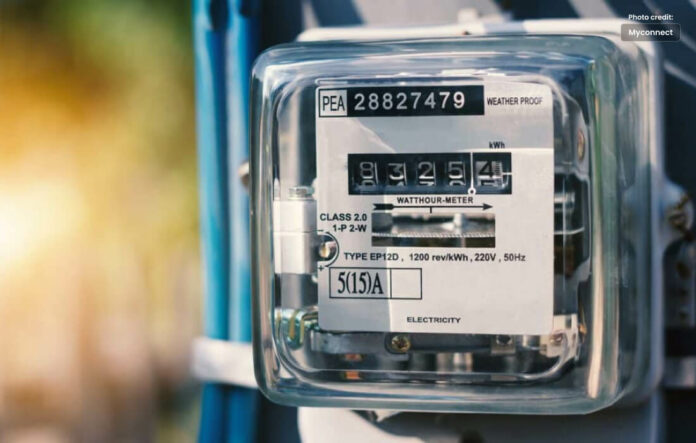Dive into the world of electricity meters with our informative blog. Explore the different types of meters, their functionalities.
Introduction: Powering the Modern World
Electricity meters, the unassuming devices nestled in utility closets or on the sides of buildings, play a pivotal role in our daily lives. They measure the electricity we consume, enabling us to monitor usage, manage energy efficiency, and contribute to a more sustainable future. In this blog, we will unravel the intricacies of electricity meters, exploring their types, functionalities, and the impact they have on our energy landscape.
Types of Electricity Meters
- Analog Meters: Traditional analog meters have been the norm for decades. They feature a rotating disk, measuring electricity consumption in kilowatt-hours. While simple, they lack the advanced features of their digital counterparts.
- Digital Meters: Digital meters, also known as smart meters, have revolutionized energy measurement. They provide real-time data on consumption, allowing consumers and utilities to track usage patterns, identify inefficiencies, and optimize energy usage.
- Prepaid Meters: Prepaid electricity meters operate on a pay-as-you-go system. Users purchase credits in advance, which are then deducted based on their energy usage. These meters promote budgeting and energy conservation.
Functionalities and Benefits
- Real-Time Monitoring: Digital meters offer instant access to consumption data via online portals or mobile apps. This real-time monitoring enables consumers to make informed decisions about their energy use.
- Remote Reading: Smart meters can be read remotely, eliminating the need for manual readings. This not only saves time but also reduces the margin of error in billing.
- Energy Efficiency: By understanding their energy usage patterns, consumers can identify energy-hungry appliances and make adjustments to increase efficiency, leading to reduced bills and a smaller carbon footprint.
- Grid Optimization: Utilities use data from smart meters to optimize the distribution of electricity. This leads to a more stable grid, reduces wastage, and ensures a reliable power supply for everyone.
The Future of Electricity Meters
As technology advances, electricity meters continue to evolve. The integration of smart meters with smart home systems, renewable energy sources, and electric vehicle charging stations represents the future. These innovations not only empower consumers but also contribute significantly to a sustainable energy ecosystem.
Conclusion: Empowering Energy Management
Electricity meters are not mere devices; they are tools that empower us to take control of our energy consumption. By understanding the different types of meters and their functionalities, consumers can make informed choices, leading to efficient energy usage and a greener planet. As we move forward, embracing the capabilities of advanced meters will be crucial in shaping a more sustainable and energy-conscious world.




